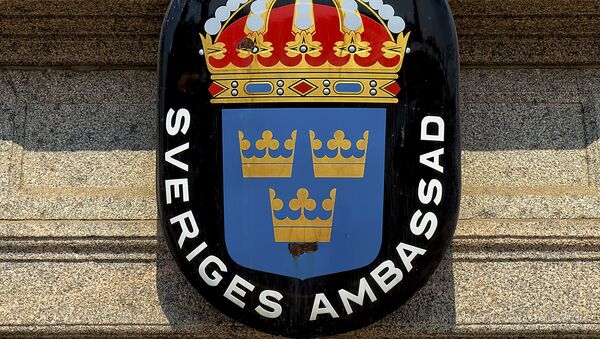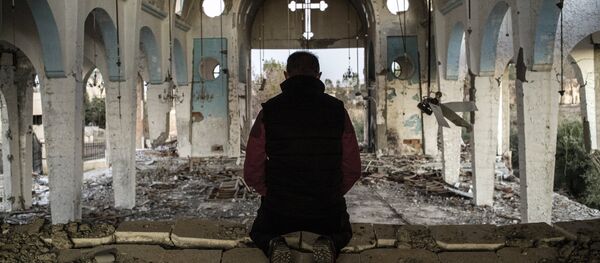The Swedish embassy in Kabul would not offer the interpreters any protection, whereas the Swedish Migration board would not accept their applications. The "discarded" polyglots remain thus in their home country, where they are seen as traitors by the Taliban and other rebels for working for a foreign occupation force.
The Swedish unit Northern Lights was discontinued in June 2014. Personnel from the Swedish Migration Board flew down to the base and gathered on-site applications from the local staff who loyally served Sweden. Due to a lack of resources, however, neither the Defense nor the Migration Board had enough staff to investigate the interpreters, who had worked for Sweden since 2006.
One of those who obeyed the advice was Alireza Haydari who traveled to India. After waiting in New Delhi for seven months, he still received no notification. As the money had run out, he was forced to return to Afghanistan. The same story happened to his colleagues who traveled to Tehran: long waits in uncertainty and no response. One interpreter who instead traveled to Nepal's capital Kathmandu was arrested and detained for two months before being deported back to Afghanistan, SVT reported.
Jawid Safi was one of those who initially traveled to Tehran. Having met former co-workers who had already waited between six months and a year only to get a denial, he took the bold decision to reach Sweden with the help of smugglers. By his own admission, the trip set him back 7,000 dollars and took five weeks.
"We interpreters come from Afghanistan and know everything about its culture, language and society," he told SVT.
According to the Migration Board's press officer Fredrik Bengtsson, all interpreters who present themselves in person have been allowed to stay. The problem for the remaining group of interpreters is that they have no chance left to make it to Sweden and appear before the Migration Board in the flesh.





